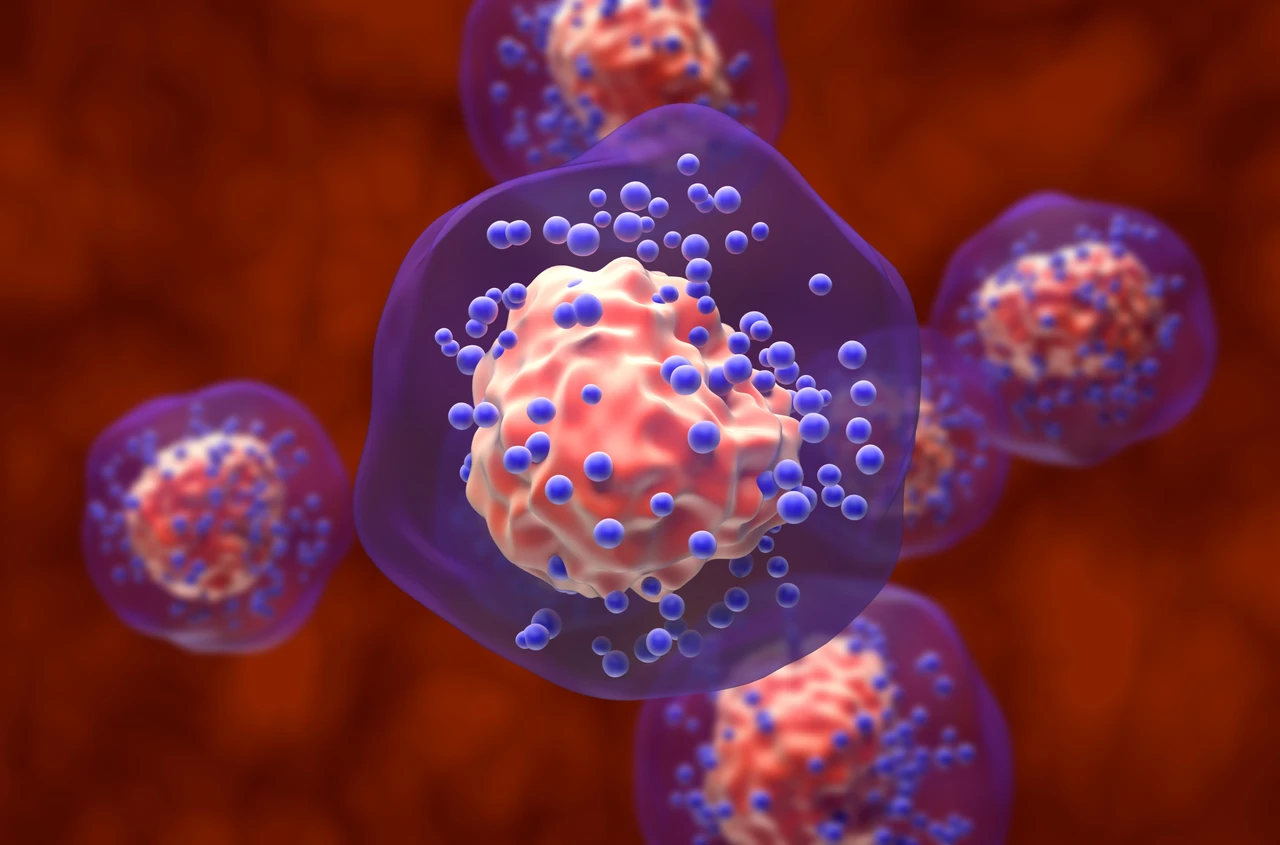Scientists find new way to help immune system fight deadly breast cancer
 3D illustration showing a close-up view of triple-negative breast cancer cells, the focus of new immune-boosting nanoparticle research in Australia. (Adobe Stock Photo)
3D illustration showing a close-up view of triple-negative breast cancer cells, the focus of new immune-boosting nanoparticle research in Australia. (Adobe Stock Photo)
Researchers at the University of Queensland are developing iron-based nanoparticles that may improve treatments for triple-negative breast cancer (TNBC), one of the most aggressive and hard-to-treat forms of the disease.
The project, led by Professor Chengzhong Yu from the Australian Institute for Bioengineering and Nanotechnology (AIBN), aims to make immunotherapy more effective for TNBC patients.
The research is supported by an approximately $1.9 million grant from the National Health and Medical Research Council and is expected to run for five years.
TNBC makes up only 10% to 15% of all breast cancer cases in Australia but accounts for 30% of deaths. It spreads quickly and lacks the hormone receptors that most breast cancer treatments target. This makes it difficult to treat with conventional methods.
“Despite the promise of immunotherapy, the use of immune checkpoint inhibitors as a potential treatment option for TNBC is extremely limited,” said Professor Yu. “This means therapies that might help to treat melanoma, for example, will not work with TNBC.”
To address this, the team is developing what it calls “nano-adjuvants”—iron-based particles that are small enough to fit thousands on a single strand of hair. These nanoparticles are engineered to enhance the body’s immune response by strengthening the activity of T-cells in the tumor environment.
“The particles we are designing will essentially work inside the tumor microenvironment, including TNBC cancer cells and important immune cells, to boost the body’s immune response to attack and defeat TNBC cells,” said Professor Yu.
The new technology could help the immune system better detect and destroy cancer cells by encouraging programmed cell death. Researchers hope that this process will improve how well immunotherapies work for TNBC and possibly for other difficult cancers such as ovarian cancer.
AIBN Director Alan Rowan said, “This research will push the boundaries of science to find innovative treatments that change the way we fight this cancer, offering hope for women facing devastating outcomes.”
Professor Yu’s work builds on two decades of research in nanomedicine. He has focused on how nanoparticles interact with cells and how they can be used to deliver drugs more effectively. The current project brings together his experience in nanoparticle design, drug delivery, and cancer treatment.
Researchers hope the project will lead to clinical applications and offer better outcomes for patients with aggressive tumors who currently have limited treatment options.



